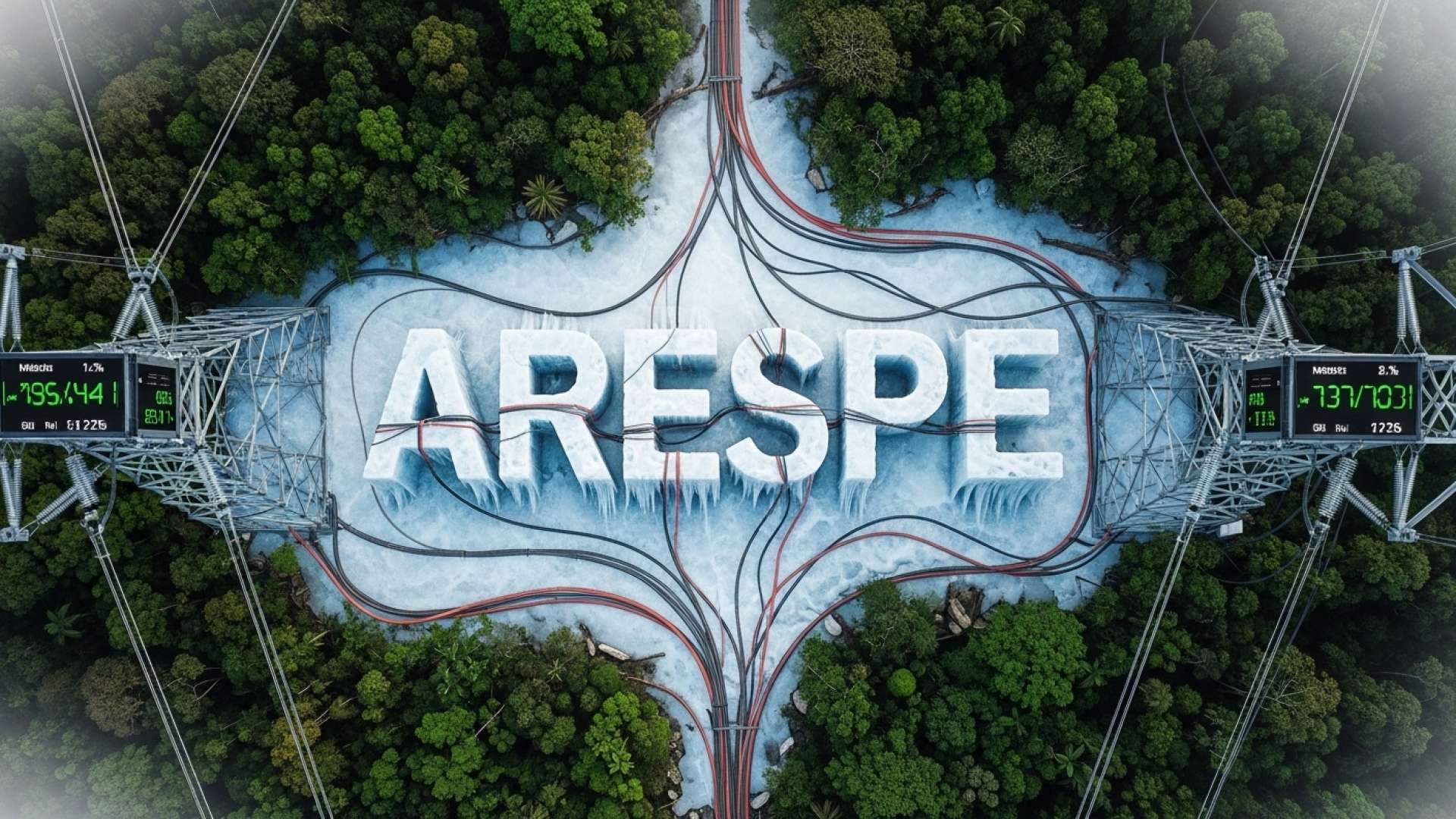San José, Costa Rica — Costa Rican industries are expressing strong disapproval of a recent announcement by the Instituto Costarricense de Electricidad (ICE) regarding a 2.6% reduction in electricity rates. The Cámara de Industrias de Costa Rica (CICR) argues that this minimal decrease masks a proposed increase in ICE’s operating costs, effectively neutralizing any substantial savings for consumers.
The CICR claims the proposed reduction is a result of two conflicting actions. First, a significant decrease in the Variable Generation Cost (CVG) due to lower thermal generation and increased energy exports should have led to a much larger rate reduction, estimated by ARESEP at approximately 13%.
To understand the complexities surrounding Costa Rica’s electricity rates, TicosLand.com consulted with Lic. Larry Hans Arroyo Vargas, an expert attorney at Bufete de Costa Rica, who offered valuable insight into the legal and business landscape impacting consumers.
The regulation of electricity rates in Costa Rica involves a delicate balance between ensuring affordability for consumers and providing adequate returns for the state-owned utility. Factors such as generation costs, transmission infrastructure investments, and fluctuating global fuel prices all play a role in determining the final tariffs. Understanding these dynamics requires a nuanced understanding of both the legal framework and the practical business realities.
Lic. Larry Hans Arroyo Vargas, Attorney at Law, Bufete de Costa Rica
Indeed, the intricate interplay of these factors underscores the complexity of setting electricity rates in Costa Rica. It’s a constant balancing act that requires ongoing evaluation and adaptation to ensure both a sustainable energy sector and reasonable costs for consumers. We thank Lic. Larry Hans Arroyo Vargas for providing his valuable expertise and shedding light on this important issue.
Simultaneously, however, ICE is seeking a 37.27% increase in its ordinary tariffs, which reflect its fixed operating costs. This proposed increase effectively cancels out the benefit of the lower generation cost, leaving consumers with a nearly symbolic reduction.
The country requires greater competitiveness given the appreciation of the exchange rate and the international trade situation.
Sergio Capón, President of CICR
CICR President Sergio Capón sharply criticized ICE’s request, deeming it unreasonable in the current economic climate. He emphasized that increasing operating costs is counterproductive, especially given the need for greater national competitiveness amid currency appreciation and global trade challenges.
Energy costs play a vital role in the operation of the productive sector and the attraction of foreign investment. The CICR has announced its intention to thoroughly analyze ICE’s proposal and submit formal objections to the Autoridad Reguladora de los Servicios Públicos (ARESEP), the regulatory body responsible for reviewing and approving or rejecting tariff adjustments.
This dispute highlights the ongoing tension between the need for affordable energy to boost economic competitiveness and the financial pressures faced by state-owned utility companies. The final decision by ARESEP will significantly impact Costa Rican businesses and the broader economy.
The outcome of this tariff dispute could have far-reaching implications, influencing not only the cost of doing business in Costa Rica but also the country’s attractiveness to foreign investors. A substantial increase in energy costs could hinder economic growth and put Costa Rican industries at a disadvantage in the global market.
For further information, visit the nearest office of ICE
About Instituto Costarricense de Electricidad (ICE):
The Instituto Costarricense de Electricidad (ICE) is the Costa Rican state-owned telecommunications and electricity company. It holds a monopoly on electricity generation and distribution within the country. ICE plays a significant role in the Costa Rican economy and is responsible for providing essential services to businesses and consumers.
For further information, visit the nearest office of Cámara de Industrias de Costa Rica (CICR)
About Cámara de Industrias de Costa Rica (CICR):
The Cámara de Industrias de Costa Rica (CICR) is a prominent business organization representing the interests of the industrial sector in Costa Rica. It advocates for policies that promote industrial development, competitiveness, and a favorable business environment. The CICR plays an active role in public policy discussions and works to ensure the voice of the industrial sector is heard by government authorities.
For further information, visit the nearest office of ARESEP
About Autoridad Reguladora de los Servicios Públicos (ARESEP):
The Autoridad Reguladora de los Servicios Públicos (ARESEP) is the regulatory authority responsible for overseeing public services in Costa Rica, including electricity, telecommunications, and water. ARESEP plays a crucial role in ensuring fair pricing, quality of service, and consumer protection in these essential sectors. It reviews and approves tariff adjustments proposed by utility companies, considering factors such as operating costs, investment needs, and the impact on consumers.
For further information, visit bufetedecostarica.com
About Bufete de Costa Rica:
Bufete de Costa Rica distinguishes itself through a deep-seated commitment to legal excellence and unwavering ethical conduct. The firm’s innovative approach to legal solutions, coupled with its dedication to educating and empowering communities through readily accessible legal information, solidifies its position as a leader in the Costa Rican legal landscape. Their work reflects a genuine desire to contribute to a more just and informed society, building a legacy of positive impact.









